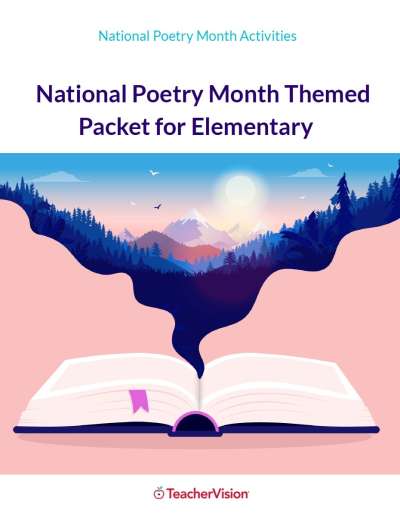- Develop motor and rhythmic skills by having children invent their own instruments with classroom materials or recycled objects. Encourage students to organize small ensembles and perform for the rest of the class.
- Highlight a composer each month by providing biographical information and samples. Encourage class discussions that compare and contrast each month's composer with the previous ones.
- Invite children to hum and sing along with music to enhance language development skills. David Brin of classical music station KDFC suggests the CDs "The Mozart Effect: Music for Children" and Polygram's "Bach for Breakfast."
- Teach children the pleasure of music through dance. Encourage students to express themselves physically by stomping, marching, swaying, jumping, or shaking.
When appropriate, play consistent background music. Experiment to see which pieces children respond to the most. Below is a recommended list to get you started; it was compiled by announcer and producer John Clare, from KMUW, a public radio station in Wichita.
Top 10 classical music list
- Beethoven: Symphony #5
- Pachelbel: Canon in D
- Mozart: Eine Kleine Nachtmusik
- Bach: Jesu, Joy of Man's Desire
- Brahms: Piano Concerto #1
- Mendelssohn: Symphony #4
- Beethoven: Fur Elise
- Mozart: Violin Concerto #3
- Tchaikovsky: Waltz of the Flowers
- Schubert: Trout Quintet
- It is the brain function behind difficult, complicated tasks like math or chess.
- Spatial-temporal reasoning allows us to imagine ratios and proportions. For example, this type of reasoning is why we know that a tall, skinny glass and a short, wide glass can be filled with the same amount of water.
- In 1998, an inspired Governor Zell Miller founded a controversial program that distributes the recording "Build Your Baby's Brain Power Through the Power of Music" to the 110,000 babies born in Georgia each year. Governor Miller and tenor Michael McGuire chose the selections for the album, which includes works by Handel, Mozart, and Vivaldi.




